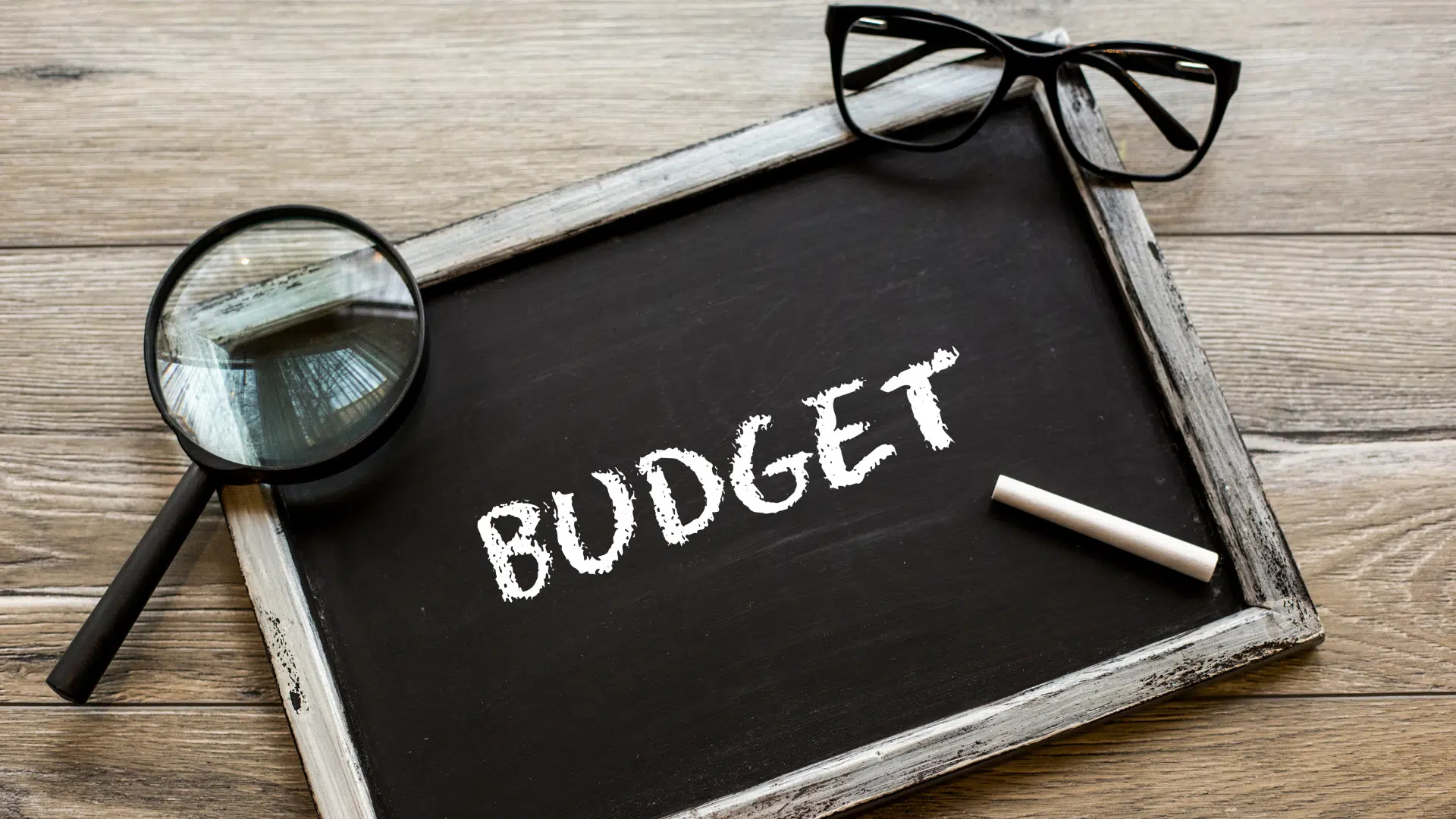How to budget during an emergency?

Budgeting during an emergency is crucial to help you navigate the financial challenges that may arise. Here are some steps to help you create an emergency budget:
Assess Your Current Financial Situation: Start by evaluating your income, expenses, and available savings. Understand the impact of the emergency on your finances, such as reduced income or increased expenses. This will give you a clear picture of your financial resources and limitations.
Prioritize Essential Expenses: Identify your essential expenses, such as housing, utilities, food, transportation, and healthcare. These should be the top priorities in your budget. Cut back on non-essential expenses temporarily to free up more funds for critical needs.
Cut Back on Discretionary Spending: Review your non-essential expenses, such as entertainment, dining out, subscriptions, and other discretionary items. Eliminate or significantly reduce these expenses during the emergency period to conserve resources.
Negotiate Bills and Payments: Contact your service providers, such as utility companies, lenders, and creditors, to discuss options for temporary payment arrangements, deferments, or reduced payments. Many organizations are willing to work with you during challenging times.
Seek Assistance Programs: Research and explore any government assistance programs, non-profit organizations, or community resources that can provide support during emergencies. These programs may offer assistance with housing, utilities, food, or other essential needs.
Explore Ways to Increase Income: Consider taking on temporary part-time work, freelancing, or gig economy opportunities to supplement your income during the emergency. Explore online platforms or local job listings for available options.
Create a New Budget: Based on the adjustments you've made, create a new budget specifically tailored to the emergency situation. Allocate your available funds to cover essential expenses first, followed by other priorities such as debt payments and savings.
Continuously Monitor and Adjust: Regularly review and monitor your budget to ensure it remains aligned with your financial situation and changing needs. Be prepared to make adjustments as necessary based on any changes in income, expenses, or available resources.
Seek Financial Guidance: If you're struggling to create an emergency budget or need assistance, consider reaching out to a financial advisor or counselor. They can provide personalized guidance and support based on your specific circumstances.
Remember, an emergency budget is temporary and designed to help you weather the crisis. Once the situation stabilizes, you can return to your regular budgeting practices. Having an emergency fund in place for future unexpected events can also provide a financial safety net and make it easier to manage emergencies in the future.
Comments
Post a Comment